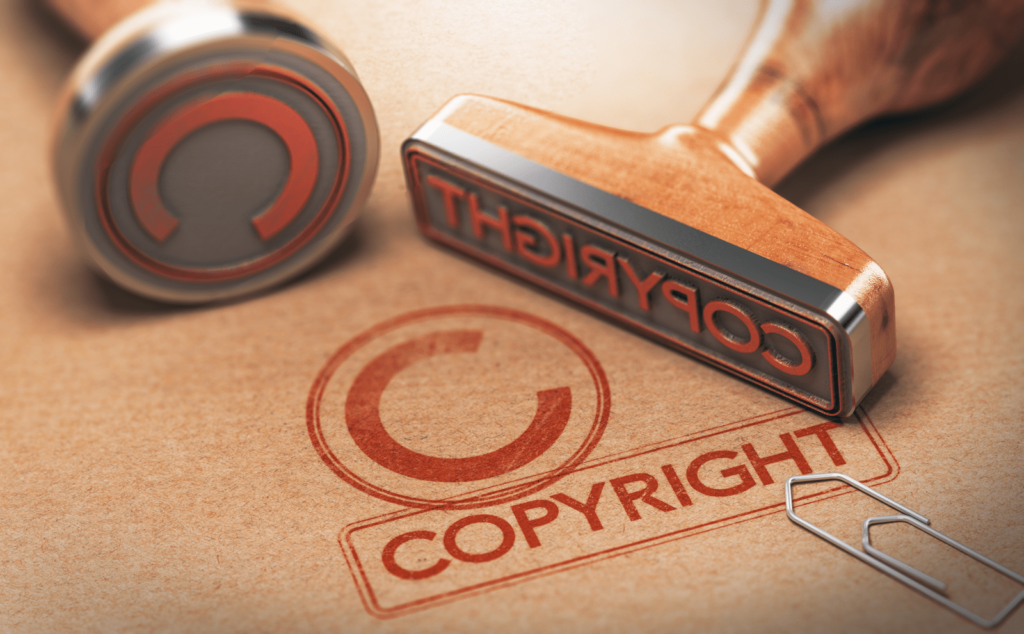copyrights
Augusto Perera, PA secures and protects your rights to artistic works. Our attorney will help you understand copyright law and the advantages of registering your work.
What Are Copyrights?
Copyright protection exist in original works of authorship fixed in any tangible medium of expression, now known or later developed, from which they can be perceived, reproduced, or otherwise communicated, either directly or with the aid of a machine or device. Works of authorship include the following categories:
- literary works;
- musical works, including any accompanying words;
- dramatic works, including any accompanying music;
- pantomimes and choreographic works;
- pictorial, graphic, and sculptural works;
- motion pictures and other audiovisual works;
- sound recordings; and
- architectural works.


Copyright does not protect facts, ideas, systems, or methods of operation, although it may protect the way these things are expressed. Copyright protection isn’t available until the work is in a tangible medium of expression, such as a paperback book or audio recording. Your work is under copyright protection the moment it is created and fixed in a tangible form that it is perceptible either directly or with the aid of a machine or device.After all, copyright law doesn’t protect ideas, only the expression of the ideas.
Once obtained, a copyright gives you exclusive rights to your artistic works. These include the right to reproduce the work, distribute copies of it, perform it, and display it publicly.
Once obtained, a copyright gives you exclusive rights to your artistic works. These include the right to reproduce the work, distribute copies of it, perform it, and display it publicly.
We Help Secure Your Rights to Your Original Work
Obtaining a copyright registration for your work comes with exclusive rights for years.
The owner of copyright under this title has the exclusive rights to do and to authorize any of the following:
- to reproduce the copyrighted work in copies or phonorecords;
- to prepare derivative works based upon the copyrighted work;
- to distribute copies or phonorecords of the copyrighted work to the public by sale or other transfer of ownership, or by rental, lease, or lending;
- in the case of literary, musical, dramatic, and choreographic works, pantomimes, and motion pictures and other audiovisual works, to perform the copyrighted work publicly
- in the case of literary, musical, dramatic, and choreographic works, pantomimes, and pictorial, graphic, or sculptural works, including the individual images of a motion picture or other audiovisual work, to display the copyrighted work publicly; and
- in the case of sound recordings, to perform the copyrighted work publicly by means of a digital audio transmission.
How Long Does a Copyright Last?
The length of the copyright protection varies depending on the date of first publication or creation. According to the U.S. Copyright Office, all registered works created after January 1, 1978 are protected all throughout the author’s lifetime plus an additional 70 years.
If created as a work for hire for a company or any other legal entity, the work has copyright protection that lasts for 95 years from the date it was first published or a term of 120 years from the year it was created, whichever expires first.
If created as a work for hire for a company or any other legal entity, the work has copyright protection that lasts for 95 years from the date it was first published or a term of 120 years from the year it was created, whichever expires first.


